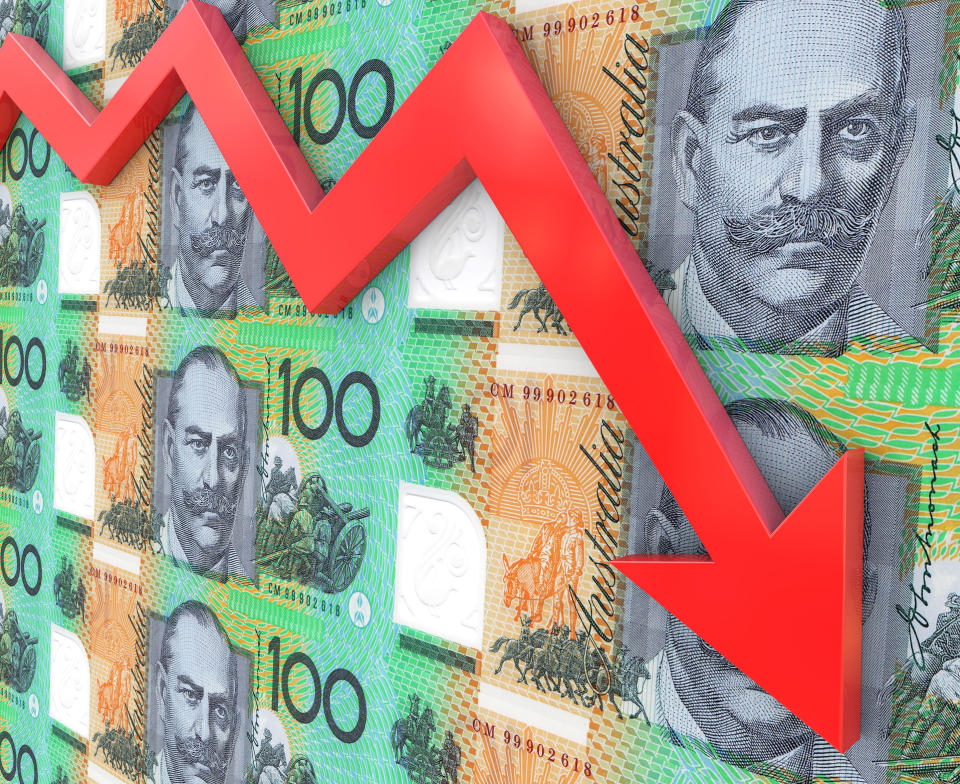Inflation suffers biggest quarterly drop in history: What it means for you

The consumer price index (CPI), which is the main indicator of Australia’s inflation rate, dropped 1.9 per cent over the June quarter - the biggest quarterly drop in the 72-year history of CPI.
This takes the annual inflation rate to -0.3 per cent in the year to June 2020. It’s the third time annual inflation has been negative - the last time being in 1997.
The June quarterly fall was mainly the result of free childcare, a significant drop in the price of fuel and a fall in pre-school and primary education, according to the Australian Bureau of Statistics (ABS).
"Excluding these three components, the CPI would have risen 0.1 per cent in the June quarter,” chief economist at the ABS, Bruce Hockman said.
Some products bucked the trend and recorded price rises, like cleaning and maintenance products, toilet paper, furniture, major household appliances and computing equipment.
The Prime Minister said the numbers were “quite unique” to this “extraordinary circumstance”.
“Clearly, the impact of the pandemic which has reduced the COVID-19 recession, is having a negative impact on the economy and I think everyone understands that,” Scott Morrison said.
What deflation means for you
Earlier this year, the Reserve Bank of Australia hinted inflation would turn negative in June, with that prophecy now having been fulfilled.
What that means is the overall prices of goods and services will drop.
“Deflation usually results from a dramatic rise in unemployment, and a collapse in incomes and aggregate demand,” Australia Institute Centre for Future Work chief economist Jim Stanford told Yahoo Finance earlier this year.
Stanford said deflation is typically associated with a depression, and noted Australia was “perilously” close to one.
His comments came prior to the Government’s announcement that Australia’s debt will reach the highest level since World War II.
But prices falling isn’t necessarily good news for consumers, Stanford said.
“Sure, if you managed to keep your job and are making as much as you did before the pandemic, then it might seem like your dollar will go further,” he said.
“But this is a sign of broader macroeconomic collapse that will ultimately be bad for everyone.”
Are you a millennial or Gen Z-er interested in joining a community where you can learn how to take control of your money? Join us at The Broke Millennials Club on Facebook!

 Yahoo Finance
Yahoo Finance 